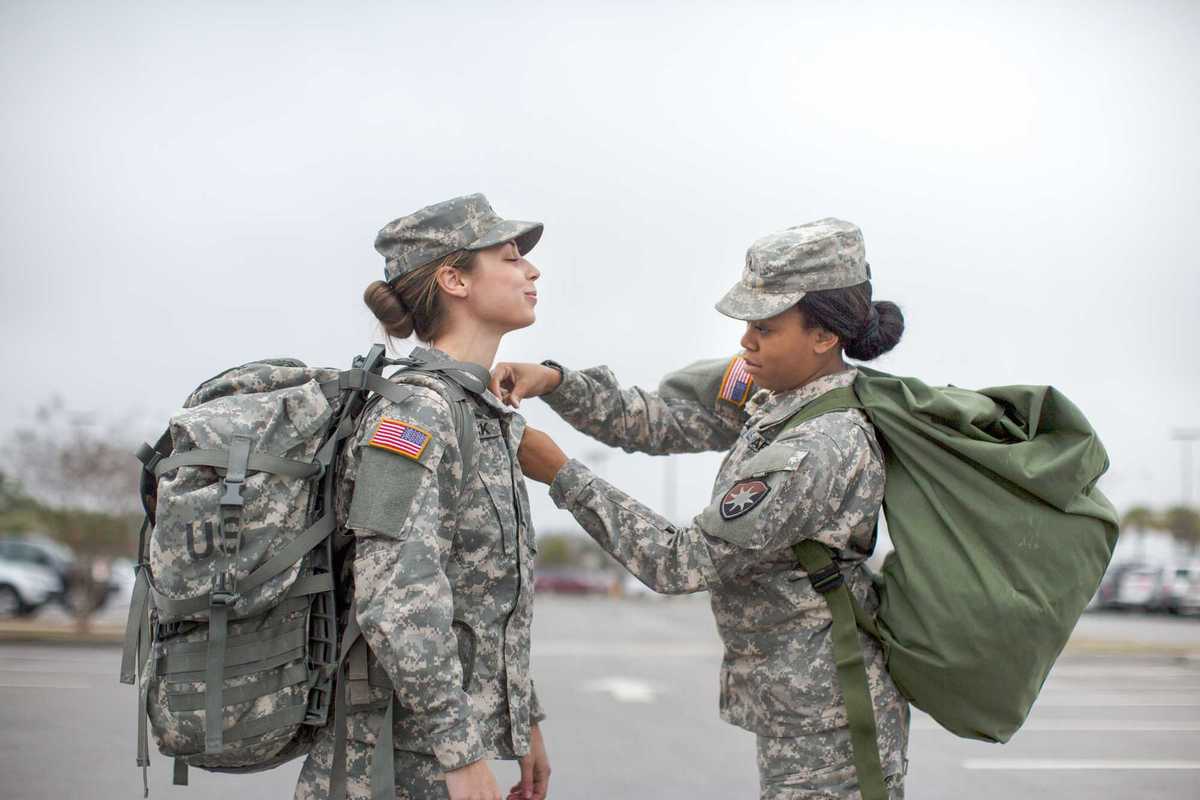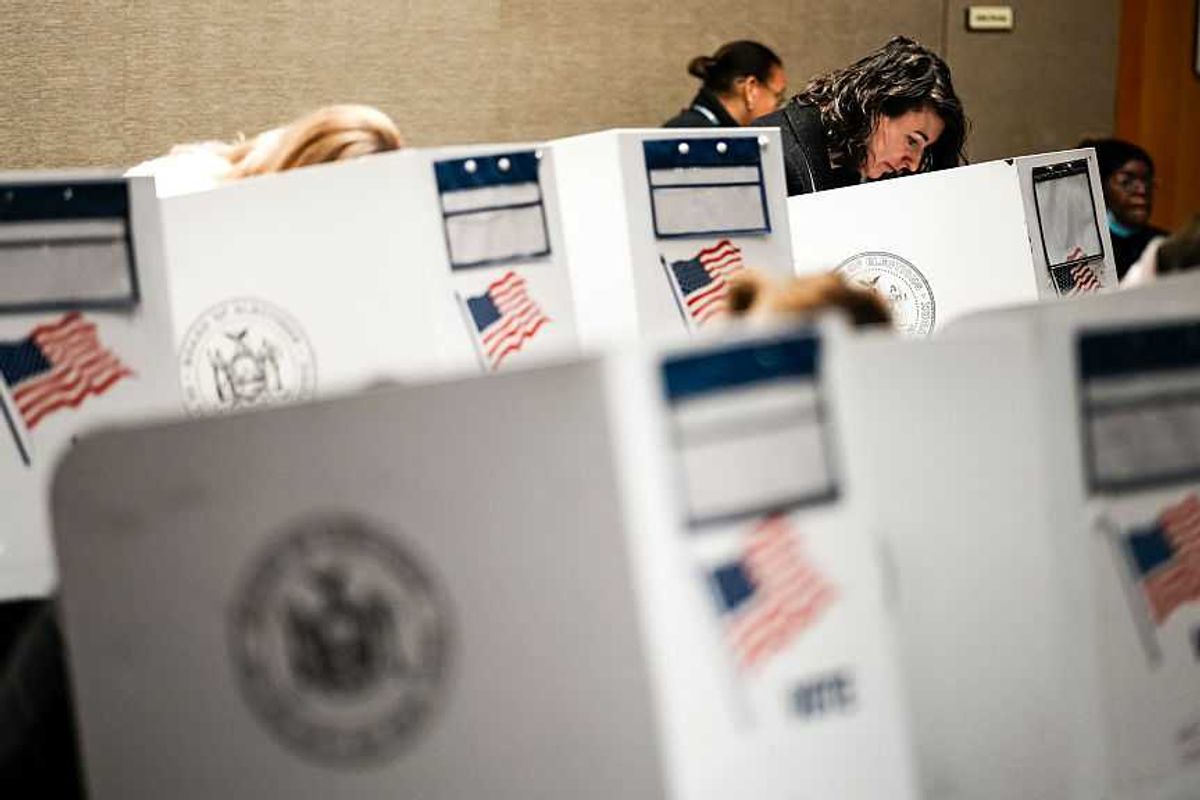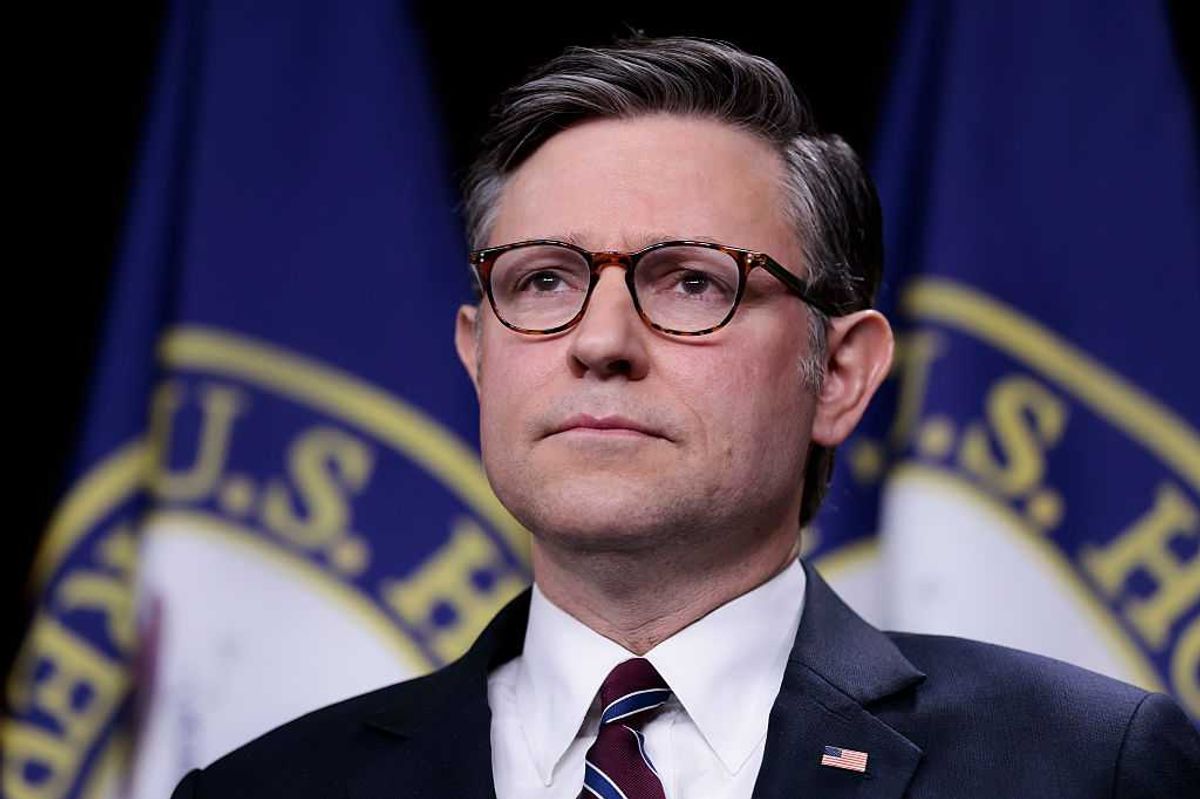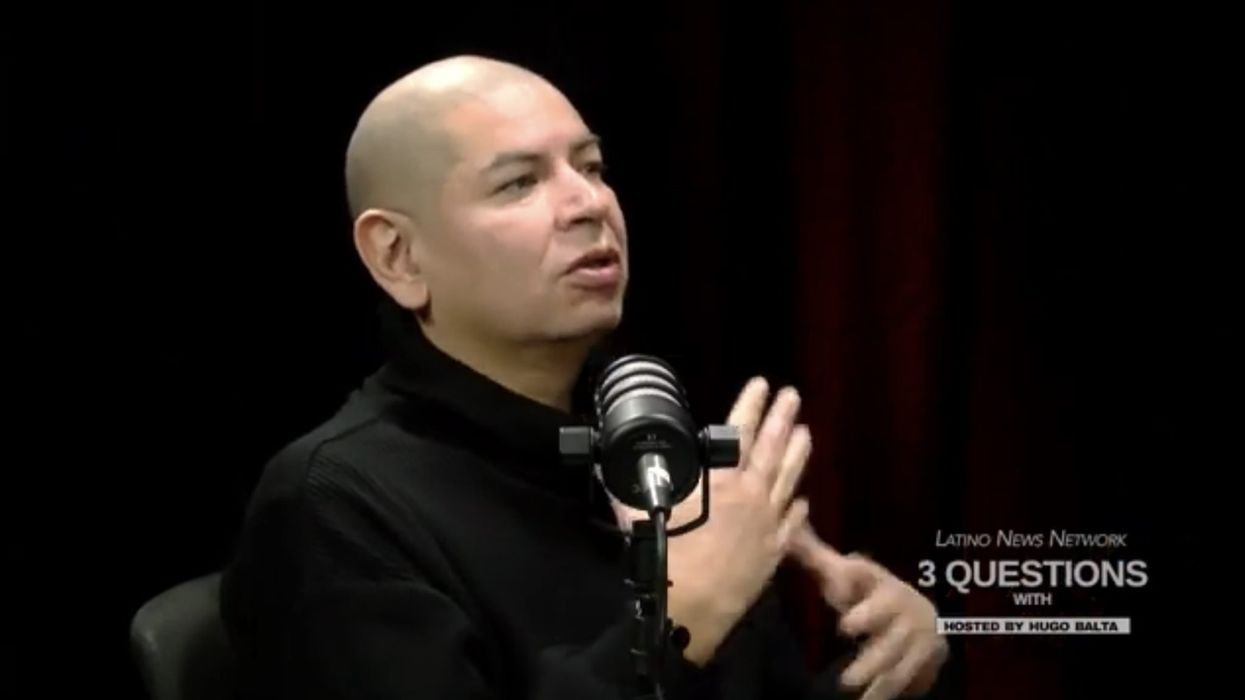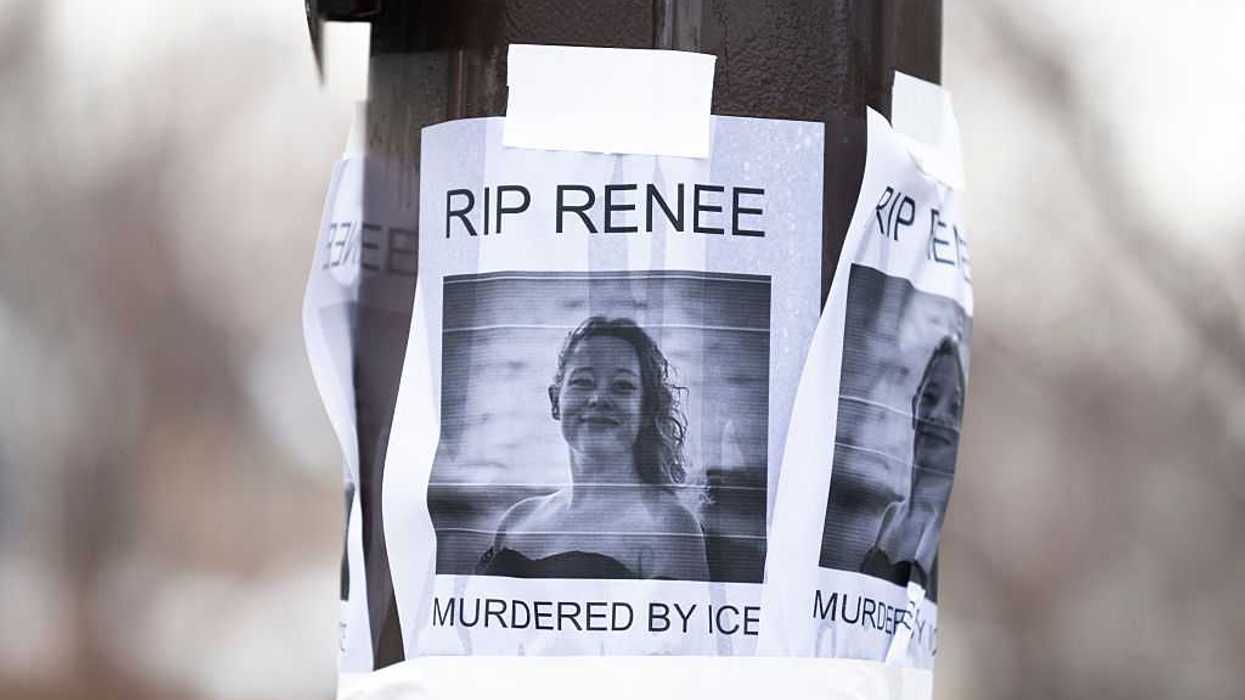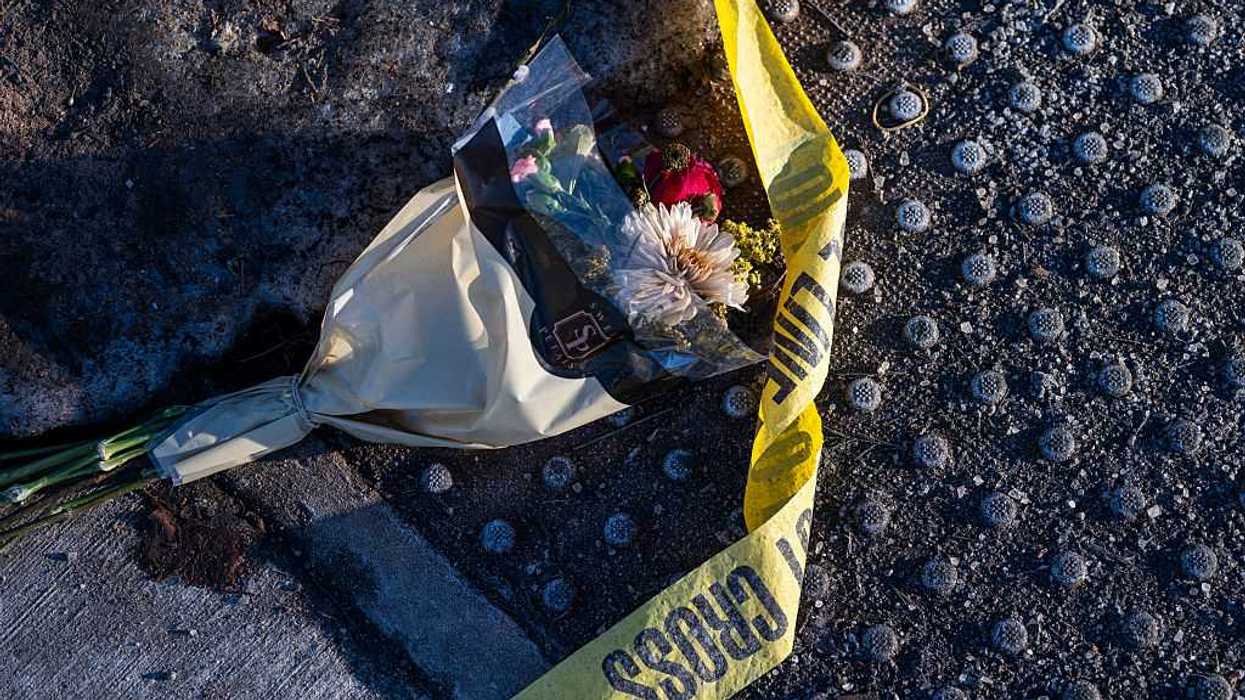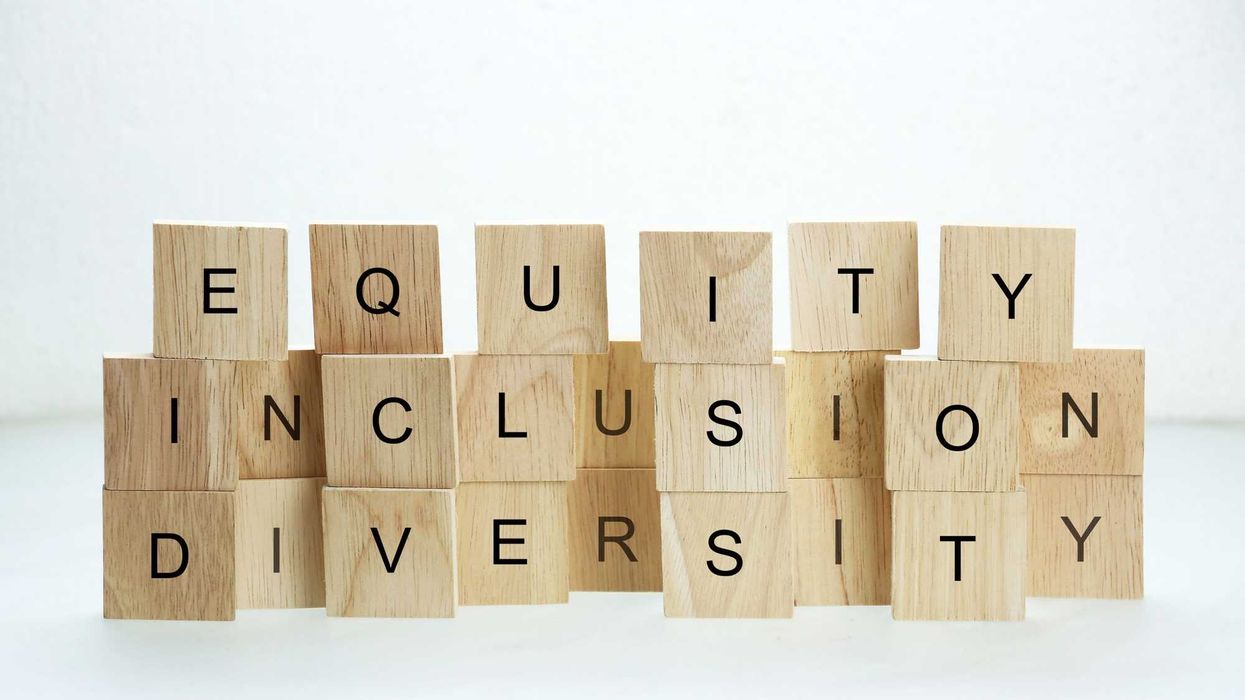We are proud to present “3 Questions With,” a public affairs series elevating the voices and visibility of matters most important to the Hispanic-Latino community by speaking with community and industry thought leaders on the social determinants of health and democracy. “3 Questions With” is co-produced by the Latino News Network and CAN- TV, Chicago’s hub for community-centric news, hyperlocal stories and educational resources.
After-school programs offer mentoring and positive role models for youth. In addition to academic support, provide a wide range of enrichment activities that promote the holistic development of youth. From sports and the arts to music and drama, these programs allow young people to explore their interests and talents outside the traditional classroom setting.
Exposure to different activities can broaden their perspectives, improve their social skill, and foster a sense of belonging within a community.
Carlos Matallana, the founder and developer of the Blok by Blok Podcast Club, a youth-led organization in Chicago, was a guest on “3 Questions With…” hosted by Hugo Balta, publisher of IL Latino News.
Programs like Blok by Blok play a crucial role in providing youth with a safe and supportive environment to express their views about the world — perspectives often discounted by adults. “We are teaching them and giving them the tools to develop their own stories,” said Matallana.
Among the topics the programs tackle are crime and public safety. “We are in our seventh season, and it’s been there constantly, how they fear about their safety,” explained Matallana about a common theme of the podcasts. “Just walking from home to school and getting back safe is a first concern.”
Matallana was a cohort in the Latino Policy Forum -sponsored Multicultural Leadership Academy. “Black and Brown communities, we face similar challenges and values. I was able to identify three [values],” he remembered. “Family, food and flow. I think those three elements are key for us individuals who want to create and promote change.”
Every year, the MLA program brings together Black and Latino community leaders who together work to build cross-cultural understanding and cooperation.
A native of Colombia, Matallana said his mother encouraged his interest and other passion (besides education): art. Matallana, an illustrator, says, “Comics conveys my working experience, passion for inking and research in complex issues such as violence, urbanism, financial, housing and art which motivates me to question my position as a father, educator, and artist, then challenge the audience to reflect about their role in a complex-rich urban society as Chicago.”
Enjoy this insightful interview.
3 Questions With...Carlos Matallanawww.youtube.com
This story was first published on IL Latino News as “ Carlos Matallana: Curiosity & Joy.” The Fulcrum and Latino News Network are partners in providing stories that are fair and accurate, representative and inclusive of diverse communities.
